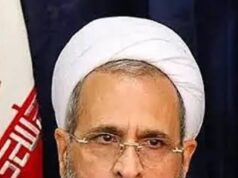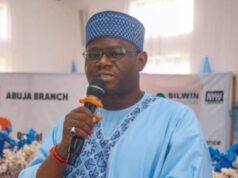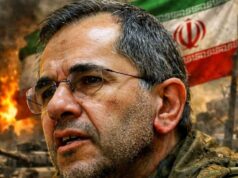
Someone asked the academic question of whether Presidents can stop being President for reasons of politics and it didn’t take a while for the answer to come from the leaders of our country.
The Punch newspaper dated November 14, 2013 reported President Goodluck Jonathan announcing that he abandoned the 2013 Commonwealth Heads of Government meeting in Colombo, Sri-Lanka to campaign for the Peoples Democratic Party, PDP candidate, Mr. Tony Nwoye in the failed November 16 governorship election in Anambra State.
Speaking at the campaign rally in Onitsha last Wednesday, the President as quoted by the newspaper said: “I had to cancel my trip to attend the CHOGM to be at this rally to, underscore the importance he attached to election and the “need to push Anambra forward.”
There are many Nigerians, especially his own supporters in the ruling party who would praise him for this decision, moreso when it is considered that the Commonwealth has insignificantly declined in its influence in global affairs. History has written that it is the poor masses of the poorest members-states who are footing the bill for the British nostalgic nonsense called the Commonwealth. The President may even argue that what he stood to gain by his attendance may be achieved in any case bilaterally or through other channels. So, why anyone bother?
It is one thing for his admirers to empathize, but the larger national interest must at all time weigh more than political compulsions.
The President may equally have pleased the very vocal and powerful financiers of the PDP in Anambra but his non-participation at the CHOGM was not a correct political decision. But let me not make pretences about not knowing how politically important Anambra is in the country’s political equation. This tiny state has perhaps more educated Nigerians and more billionaires in cash estimates than any state or territory in Nigeria. They say politics in this state is such that a man with a business turn-over of over a billion Naira will throw himself into a serious contest for appointment as Special Assistant to Governor – just for the pleasure of combining money and power. In Anambra State, politics has never been for the chicken-hearted.
For many, this CHOGM was an excellent opportunity to reflect and discuss with other heads of state. It was an opportunity that may have been used to seek a review of the cases of thousands of Nigerians held in overseas prisons with many of them believing that they had been unjustly incarcerated, or to have sought the support of member states for international help to fight the insurgency, ravaging the North-East, piracy in the South-South and kidnapping for ransom – a massive phenomenon in the South and now creeping into Northern Nigeria. How about elections, a critical pillar of a democracy in which several Commonwealth countries have excelled? Even Ghana has achieved a form of equilibrium in that regard but Nigeria continues to wobble and fail. Anambra was an unmitigated disaster. Sadly for the country, the Independent National Electoral Commission, INEC themselves, not any other person or body promised that this would be their best foot forward in any election. They said that this would showcase what they have in stock for the country in 2015 general elections. After what we saw last weekend, everyone is now asking whether we will ever get this right. In the words of Mr. Clement Nwankwo, head, Nigeria Civil Society Election Situation Room, “the way INEC conducted the election posed serious concerns ahead of the 2015 elections.”
“INEC’s assertion that this would be a litmus test of its preparation for 2015 general elections has not been fully realized.” As it is, the absence of our government at the highest level means that the door to these opportunities has been shut.
What is even worse is the perception out everywhere that the President missing at the CHOGM may have been a signal for a paralysis of our foreign policy or of the government, and a clear indication that the weakness of the administration at home are creeping into foreign policy as well.
By succumbing to party wishes to avail himself and his precious times for the political rally, another message he stuck out is that government is only interested in clinging to power even at the cost of the country’s interest both domestically and internationally. This suggests that the President’s services are more required by his own political party to save its candidate in Anambra than our foreign relations and government as whole, both of which have entered a paralytical mode with substantial time still left for the bigger elections to come.






